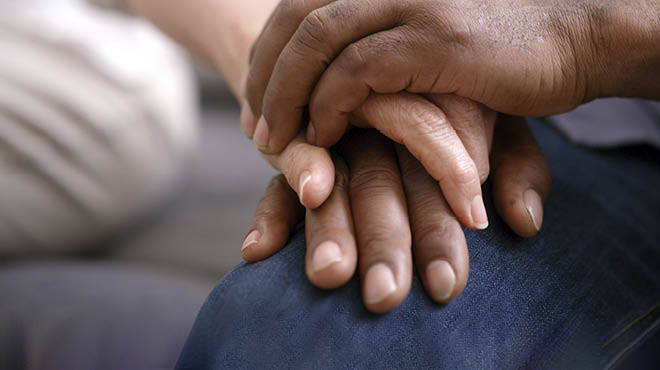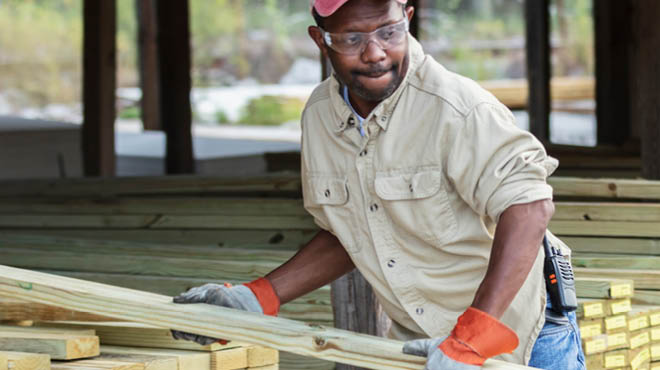
Health topics
Men's Health
Hometown Health Blog

Laser-based prostate procedure treats BPH
HoLEP is a minimally invasive laser procedure to treat an enlarged prostate. Learn about its benefits, including fast recovery and no hospital stay.

Men's health: Checkups, screenings key
Men are less likely than women to have preventive screenings and regular exams. Learn why men should reconsider their reservations and avoid a treatable situation turning deadly.

Let's talk low libido
It may feel uncomfortable to talk about low libido. Yet, a better understanding of some of the issues, causes, myths and treatments may help put you in the mood more often.

Young man's disease: Testicular cancer
Testicular cancer is considered a young man's disease because it's most common under age 45. The bad news is there is no way to prevent it, but the good news is that it's highly curable. Get the facts.

Surgical options for urinary leakage in men
Urinary incontinence can occur in up to 10% of men who have had prostate cancer surgery. Learn about two outpatient surgical treatment options that can stop leaks and ease worry.

Kegels are for men too
Kegel exercises aren't just for women. They can help improve bladder control and improve sexual function in men. Here are tips for doing Kegel exercises correctly.

Can a vasectomy be reversed?
A vasectomy is considered a permanent form of birth control. But plans sometimes change and a reversal is wanted. Learn about factors that affect success and the surgical options available.

Enlarged veins can cause pain, infertility
Any vein can become varicose, including those in the scrotum. Learn how these enlarged, twisted veins can cause pain, uneven development or fertility challenges and how microscopic surgery can help.

Treatment options for men with urinary leakage
Urinary incontinence is a common condition. Learn why it can be particularly troublesome for men, and about treatment options to improve symptoms and bring comfort.

Early treatment critical for Peyronie's disease
Peyronie's disease occurs when scar tissue develops on the penis. It can cause pain, deformity, shortening and anxiety. Learn how early treatment can improve symptoms or stop it from getting worse.

8 common erectile dysfunction myths
Misconceptions about erectile dysfunction may cause some men to skip treatment. We'll debunk myths about this common condition that affects half of men ages 40–70.

Men's health: How is benign prostatic hyperplasia treated?
If you've been diagnosed with benign prostatic hyperplasia (BPH), it's time for you and your provider to talk about treatment options.




